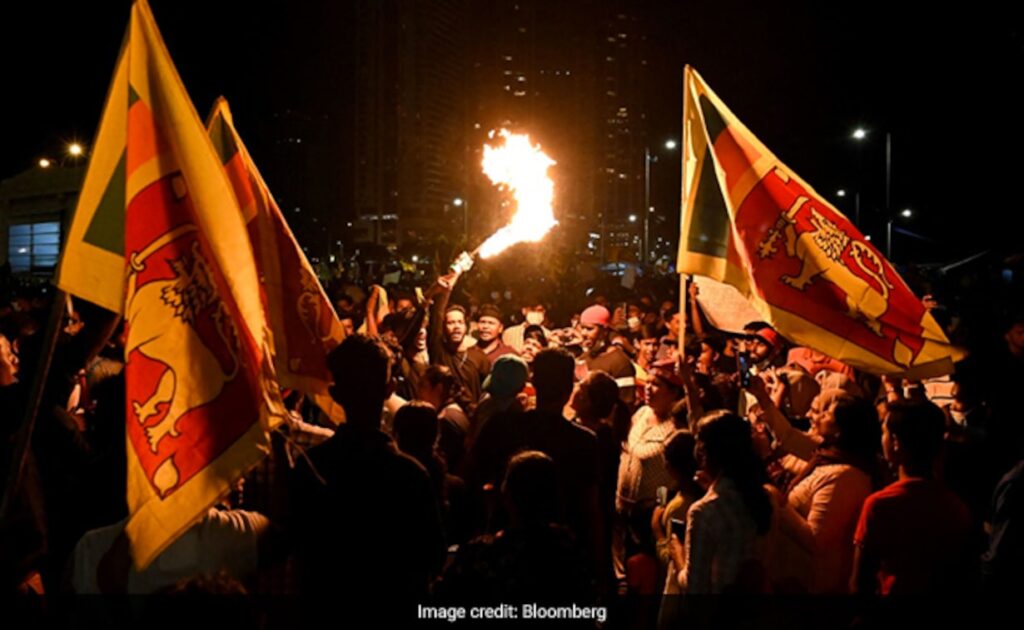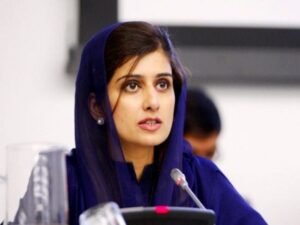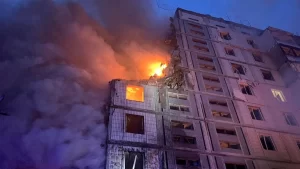China Hesitates On Bailing Out “Sinking Ships” Sri Lanka, Pakistan

China Hesitates On Bailing Out "Sinking Ships" Sri Lanka, Pakistan
Over the past few years, A.S. It has accused China using “Debt Diplomacy” to make developing countries around the world more dependent on Beijing.
However, the case of Sri Lankan and Pakistan – Chinese friends faced a terrible financial situation when inflation surged – showed that the government of President Xi Jinping became more reluctant to issue a checkbook. China still has not done good at the promise to issue loans with a total of $ 4 billion paid Pakistan at the end of March, and it has not responded to the Sri Lankan application for $ 2.5 billion credit support.
While China has promised to help the two countries, a more careful approach reflects the purification of the signature belts and road initiatives of XI and doubts that are seen disrupting the situation of a messy domestic political situation. Pakistan received new prime minister on Monday after parliament booted former Cricket Cricket Imran Khan, and Sri Lanka leader faced pressure from protesters to retreat.
“Beijing has over the past few years rethinking its external loan because their banks realize that they bring a lot of debt with countries whose prospects pay back are limited,” said Raffaello Pantucci, a senior colleague at Senior School S. Rajaratnam International Studies at the University Nanyang technology. “This happens above the economic situation tightening at home which also requires a lot of expenses, so there is no appetite just to throw money around it.”
China currently faces its own economic issue, with locking to contain the country’s worst covid outbreak since the beginning of 2020 turn off Shanghai and Shenzhen and Shanghai financial hubs. Premier Li Keqiang on Monday told local authorities they must “add a sense of urgency” when implementing policies when analysts warn the official growth target of 5.5% now in danger.
China has been the largest government creditor in the world over the past decade, with state-owned policy banks lend more to developing countries than the International Monetary Fund or World Bank in recent years. Opacity around the requirements and scale of several loans has been criticized, especially because the pandemics worsens debt problems in poor countries.
Sri Lanka was shortened deeper into Junk by Fitch Ratings, which said on Wednesday the state decision to suspend payment of foreign debt had begun the default process of sovereignty. S & P said the next Sri Lankan interest payment due on April 18 and failure to cover it is likely to produce a default, as well as direct debt restructuring.
Sri Lanka’s top diplomat in Beijing this week said he was “very confident” that China would come with credit support, including $ 1 billion for the country to pay for Chinese loans in July. In an interview with Bloomberg, the Ambassador Palitha Kohon said the process often needed months and he did not see the delay.
“Given the current situation, there are not many countries that can step into the field and do something,” he said. “China is one country that can do something very quickly.”
However, the role of China in helping to resolve the ongoing crisis in South Asia may be limited despite its status as the main creditor. A Shanghai-based scholar who examined Chinese loans abroad said new credit lines were more difficult to approve because the authorities emphasized risk management in financial institutions including policy banks. The scholar asked not to be named because of the rules for talking to the media.
XI highlights the importance of a more careful approach to high-level belt and road symposiums in November. “It is necessary to implement a preventive and risk control system,” Xi said. He asked the participants to make the project “small but beautiful” into a priority for foreign cooperation and “avoid dangerous and chaotic places.”








